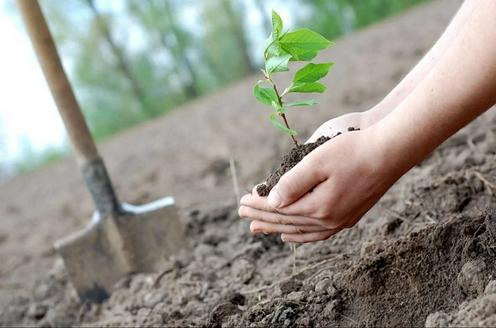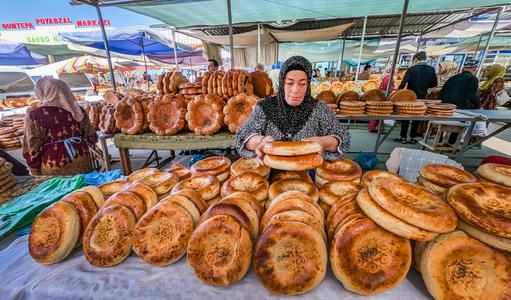Uzbekistan is establishing a new Agency for Afforestation, Green Zone Expansion, and Combating Desertification under the Ministry of Ecology, Environmental Protection, and Climate Change. This body will serve as the national executive authority responsible for implementing the country’s flagship environmental initiative, Yashil Makon (“Green Space”), according to a presidential decree by Shavkat Mirziyoyev that came into force on June 2, as published on the official portal Lex.uz.
The new agency will be formed on the basis of the existing Forestry Agency and will not only coordinate the Yashil Makon program but also manage the national forest cadastre and oversee the development of nurseries for tree and shrub seedlings.
The nationwide project will be revamped to encourage greater public involvement. Starting October 1 of this year, its online platform will offer:
✅ Identification of specific areas (including geographic coordinates) where citizens may initiate tree planting;
✅ Public access to information on budget-funded activities, based on the principle of full financial transparency;
✅ Publication of data on individuals or organizations requesting tree-cutting permits, including reasons and exact locations of affected green spaces;
✅ Implementation of a system to track trees and shrubs planted as compensation for unauthorized logging;
✅ A registry of individuals and companies involved in illegal logging, along with details of legal actions taken.
The Ministry of Ecology, in coordination with other state bodies, has been tasked with enabling the Yashil Makon website by September 1, 2026, to track progress in green zone expansion in desert and semi-desert regions, as well as to conduct systematic monitoring of the environmental status of these areas.
The decree also stipulates that starting November 1, 2025, land classified under the national forest fund will be granted special protection. Any reclassification of such land will require a presidential decision.
Beginning January 1, 2026, the following targets will be in place:
👉 A 1.5-fold increase in the production of high-quality, climate-resilient tree seeds in regional forestry units using modern breeding methods;
👉 Establishment of mother plantations in seed laboratories, aligned with the country’s diverse climatic zones;
👉 A twofold increase in the number of seedlings supplied by state-run forestry enterprises.










